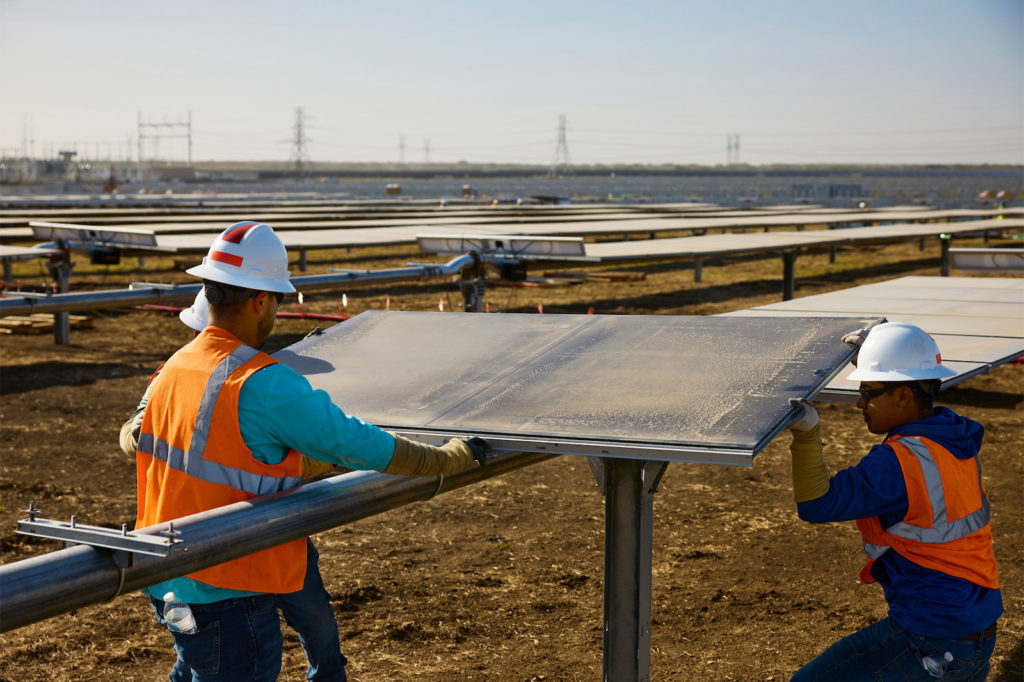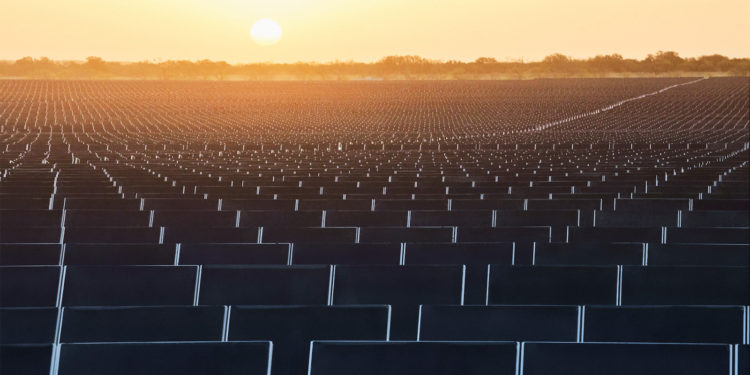Apple announced that its supply chain avoided 13.9 million tons of carbon emissions in 2021 by using renewable energy.
Through efforts such as using the world's first low-carbon aluminum in the iPhone SE, Apple is moving ever closer to its goal of becoming completely carbon neutral by 2030. Now the company has announced that its suppliers' efforts in 2021 will be equivalent to taking three million cars off the road for a year. Lisa Jackson, Vice President of Environment, Policy and Social Initiatives, expressed as follows:
We're proud that so many of our manufacturing partners have joined our urgent work to tackle the climate crisis by generating more renewable energy around the world. Clean energy is good for business and good for the planet. By sharing what we've learned from our own transition to renewable energy, we're helping to lead the way to a greener future.
Apple invests in renewable energy projects worldwide
Doubling the use of clean power means that "over 10 gigawatts are in operation today" while Apple plans to use "nearly 16 gigawatts" in the coming years. Apple says 213 of its key manufacturing partners "have committed to powering all Apple manufacturing in 25 countries with renewable electricity." The latest announcement includes "dozens of new commitments," all of which will "accelerate progress toward Apple's 2030 goal of making its entire supply chain carbon neutral."

These new commitments include 11 new suppliers in Europe, including mobile chip maker Infineon, which uses on-site solar power in Germany and Austria. DSM Engineering Materials "supports a wind project in the Netherlands," where it operates Apple's data center in Viborg. Together with these companies, Apple now has 25 European suppliers committed to clean energy and supports Danish renewable energy projects. In addition to working with 213 direct manufacturing partners, Apple says it is also investing in renewable energy projects around the world. This includes "nearly 500 megawatts of solar and other renewable projects in China and Japan to cover some of its upstream emissions." (Image: Apple)





